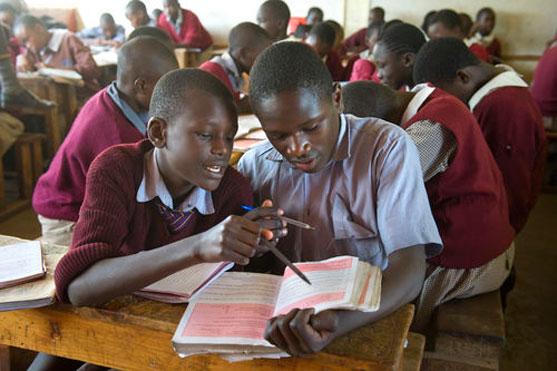Partnerships
Global and cross-border challenges are best addressed through strong international cooperation. With our partnership approach, Denmark will continue to set agendas and ensure development assistance that is among the best in the world.
Global and cross-border challenges are best addressed through strong international cooperation. With our partnership approach, Denmark will continue to set agendas and ensure development assistance that is among the best in the world.

There is extensive cooperation on development. Denmark has a wide interface in many countries with public and local authorities, civil society organisations, private businesses, the research environment and other relevant actors.
The most important development policy partners are:
Public authorities, i.e. state, provincial and municipal administrations, are important partners in the great majority of cases. NGOs, companies, research institutions and many others are involved in the work of development in both Denmark and the recipient countries.
There is also extensive international development cooperation, where countries and organisations regularly work together to implement development interventions and develop new and better methods.
To a wide extent, the different countries and international organisations have the same general goals as regards development cooperation. They are also present in many of the same countries and in dialogue with the governments and the same organisations. This is why it is important and necessary to coordinate development cooperation.
Denmark is constantly working to make the cooperation as relevant and valuable as possible. At the same time Demark makes a careful assessment of which partners to support and the way in which different organisations can supplement one another.